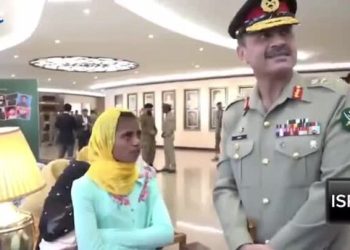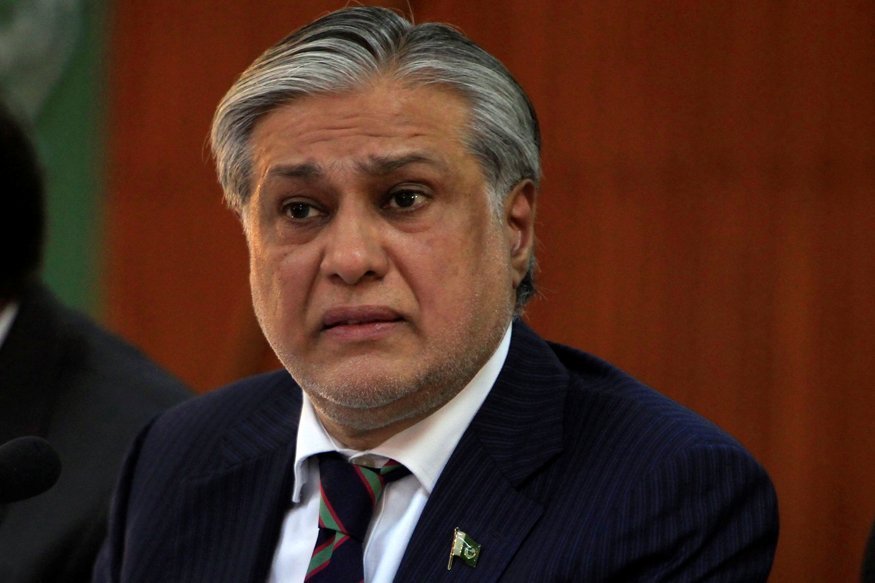Turkey marks 4th anniversary of its 2016 failed coup d’état attempt aimed at ousting Turkish President Recep Tayyip Erdogan.
Turkey, today, celebrates ‘Democracy and National Unity Day’ in commemoration of peoples’ resistance against illegal, unconstitutional and undemocratic failed coup d’état attempt on July 15 2016.
The day is celebrated as a public holiday in Turkey to pay homage veterans and martyrs of July 15 for their sacrifice, courage and insurmountable determination in support of their leader and President Recep Tayyip Erdogan and for the preservation of democracy and basic democratic principles in the country.
To commemorate the incident, President Erdogan is expected to lay flowers at the ‘Martyrs’ Monument’, followed by a special session in the Turkish parliament to pay homage to the martyrs who laid down their lives for their country.
On the night of July 15 2016, a small contingent of the Turkish Army tried to topple the government on the behest of the Fetullah Terror Organization (FETO).
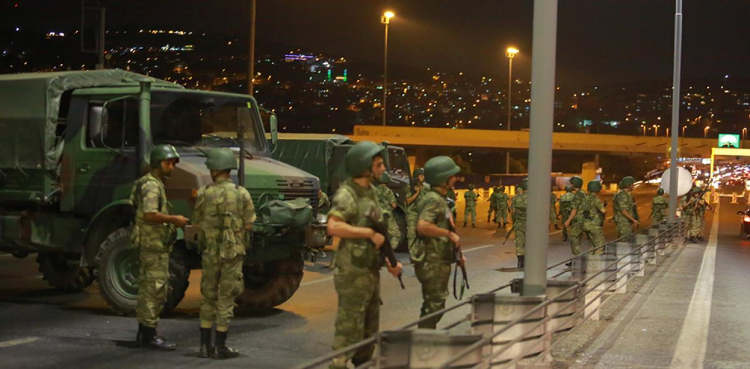
Coup plotters, used heavy weaponry, including fighter jets, helicopters and tanks, against civilian population that poured onto streets in support of the government, killing 251 people and wounding more than 2,200.
The coup began by the closure of Bosphorus bridge, with tanks rolling out on the streets of Ankara, which then ceased the capital’s airport. Turkish Chief of the General Staff Hulusi Aka, Salih Zeki Çolak – the commander of the Turkish Land Forces, Abidin Ünal – head of the Turkish Air Force were ‘apprehended’ by the coup plotters, but still refused to endorse their unlawful attempt at overthrowing the government.
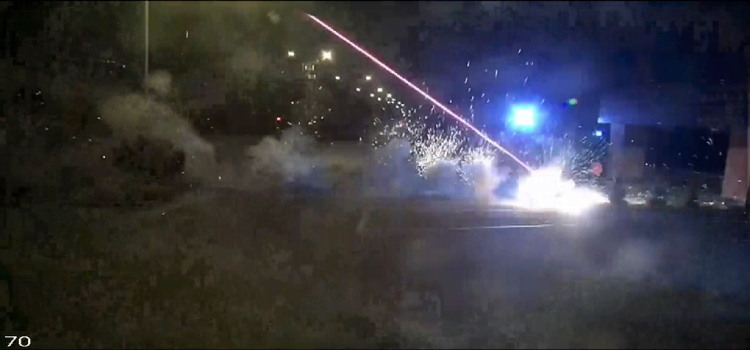
During the turn of events, police special forces headquarters and police air force headquarters were also shelled resulting in dozens of casualties. Meanwhile Turkish President Recep Tayyip Erdogan was safe in Marmaris, south-west of Turkey.
Around midnight, President Erdogan briefly appeared via video call on CNN Türk and called upon the Turkish people to take it to the streets for the preservation of democracy and democratic principles. Following his address, hundreds of thousands of people came out in support of their government and effectively resisted the coup forces across the city.
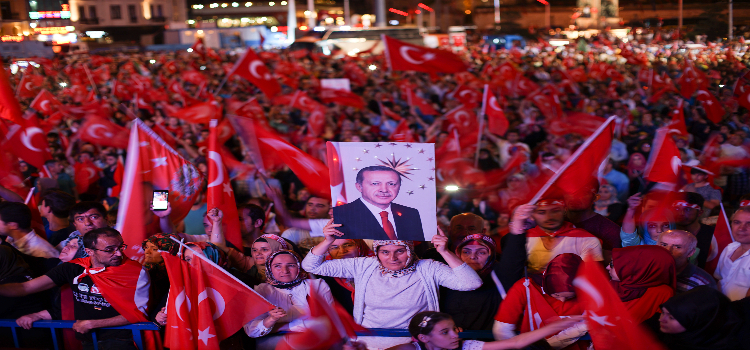
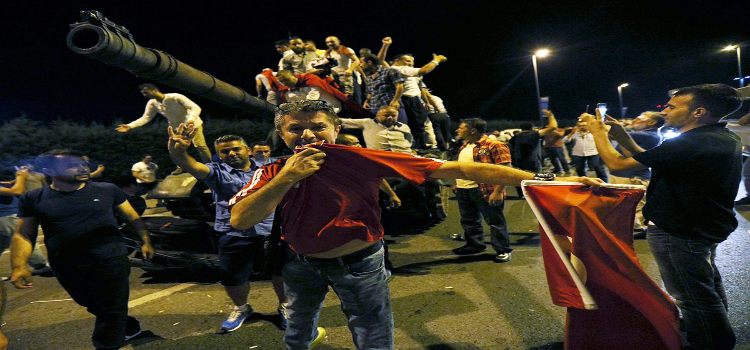
Meanwhile the Turkish military proactively engaged and neutralized the perpetrators and One of the main organizers, General Semih Terzi was killed by government loyalist Sgt. Maj. Ömer Halisdemir in the very beginning of the coup attempt.
At 4 am in the morning, Turkish President Tayyip Erdogan arrived in Istanbul and made a televised speech at the airport. He blamed Fethullah Gülen – a Turkish Islamic scholar, preacher residing in United States, for the coup attempt.
Following the failed coup attempt, Turkish government clamped on Fethullah Gülen’s supporters and sympathizers in the country. Around 163 generals and admirals were detained, whereas another 70,000 people were ‘processed’ and 32,000 were formally arrested.
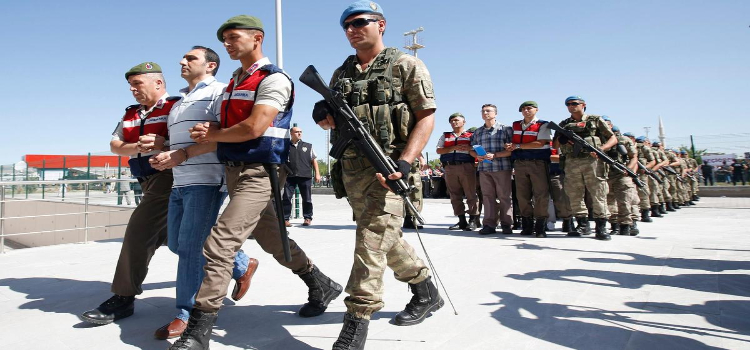
General Akın Öztürk, former Commander of the Turkish Air Force was arrested and later sentenced to life imprisoned for playing a leading role in the coup attempt.
The Turkish government also announced to impose a three-month emergency, which was later extended to a total of six months.
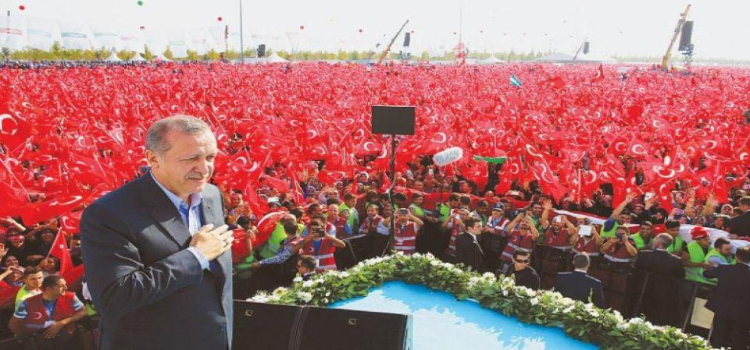
The failed coup attempt essentially forced Recep Tayyip Erdogan to further tighten his grip and consolidate absolute power over state affairs – a development criticized by human rights organizations and various western powers including United States.
The incident also resulted in further deepening and polarization of Turkish society in political, social and religious domains.










































